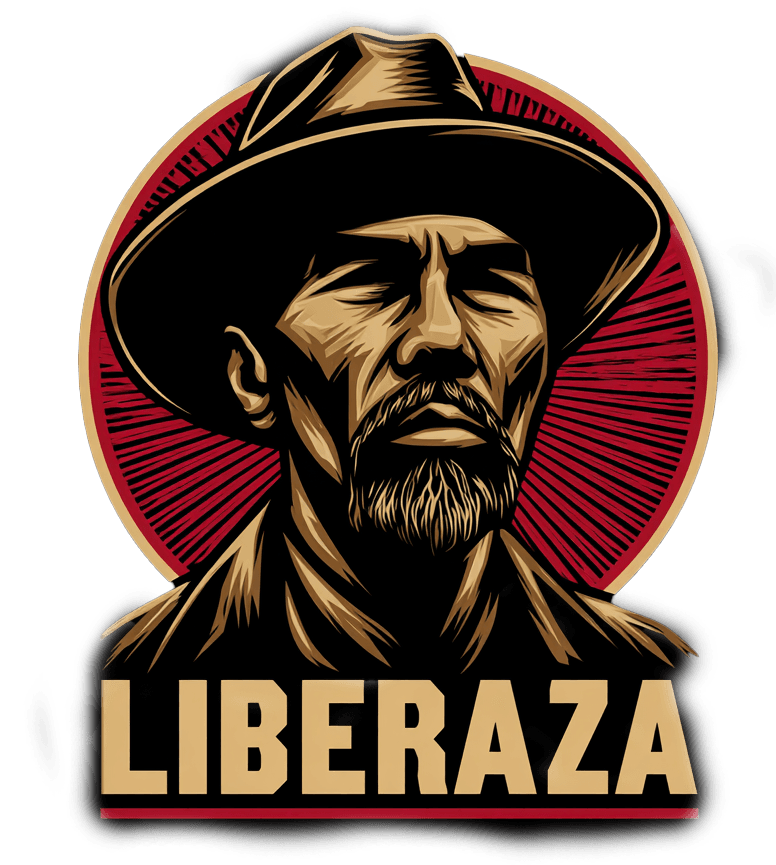The ICE Myth: When the “Worst of the Worst” Are Mothers, Workers, and Students
LS
In the chilled predawn hours of June 6th, Immigration and Customs Enforcement (ICE) agents swept across greater Los Angeles in one of the largest immigration raids the region has seen in a decade. Nearly 2,000 individuals were taken into custody within 36 hours. The official narrative? A targeted campaign to “remove the worst of the worst.” But behind the bulletproof rhetoric lies a troubling truth: the vast majority of those arrested had no criminal record at all.
According to a Los Angeles Times investigation, more than two-thirds of the detainees apprehended during the June sweep had no prior convictions—not for violent crimes, not for theft, not even for misdemeanors. They were cooks. Construction laborers. Mothers leaving for school drop-off. Day laborers waiting for work. Students on their way to class. And they were swept up not because they posed a danger, but because they happened to be undocumented.
A Strategy at Odds With Its Justification
On the campaign trail and since retaking office, President Trump has repeated the phrase “the worst of the worst” like a mantra, using it to justify a dramatic increase in immigration enforcement. "We're targeting gang members, drug dealers, and criminals," he said in a televised address earlier this year.
But data obtained by reporters and reviewed by immigrant advocacy groups reveals a far different picture. The arrests made in Los Angeles were not narrowly focused operations against violent offenders. They were broad, often indiscriminate raids that frequently relied on racial profiling and neighborhood sweeps.
“These are not MS-13 gang members,” said Marisol Chávez, legal director for the Central American Legal Assistance Foundation. “They’re parents trying to get their kids to school. They’re the people who serve your food, who clean your buildings. They are embedded in the very fabric of this city.”
Human Collateral
Take the case of Rosalía H.—a 47-year-old single mother from El Salvador. She has no criminal record. She’s worked in a garment factory for the past 12 years, pays her taxes using an ITIN (Individual Taxpayer Identification Number), and volunteers at her church. She was detained while dropping off her 8-year-old son at school. There was no warrant presented. No time to call a lawyer. She was held for 11 days before being transferred to a facility in Arizona.
Her story is not unique. Attorneys across Southern California report a flood of similar cases: undocumented immigrants arrested for being in the wrong place at the wrong time, held without bond hearings, and pressured into signing voluntary deportation orders without fully understanding their rights.
The Broader Implications
The moral implications are deeply troubling. But so are the logistical and financial consequences. Detaining thousands of non-criminal immigrants clogs an already overwhelmed immigration court system. It diverts law enforcement resources away from actual criminal investigations. And it creates fear in entire communities—fear that makes people less likely to report crimes, seek healthcare, or enroll their children in school.
Local officials in L.A., including Mayor Karen Bass, have condemned the tactics. “These raids do not make our city safer,” she said in a statement. “They tear apart families and destabilize communities.”
The fear is not abstract. In the weeks following the raids, Los Angeles County health clinics saw a 19% drop in patient visits in neighborhoods heavily targeted by ICE. School absenteeism rose. Domestic violence reports fell—not because abuse stopped, but because victims were afraid to involve authorities.
Legal Backlash Mounts
Civil rights organizations have begun filing lawsuits to challenge the legality of the raids, citing violations of due process and Fourth Amendment protections against unlawful search and seizure. In one class-action suit filed by the ACLU, attorneys argue that ICE failed to produce valid warrants in at least 38% of arrests made during the June sweep.
Judges are beginning to push back. In late July, a federal judge in Pasadena issued a temporary injunction preventing ICE from conducting “non-targeted raids” in Los Angeles County without judicial review. That case could have national implications as it moves through the appellate system.
A Crisis of Credibility
What emerges from this story is not just a portrait of governmental overreach, but a profound crisis of credibility. When public officials claim to be removing dangerous criminals but end up arresting housekeepers and students, trust erodes—both in law enforcement and in the institutions meant to protect civil liberties.
“This isn’t about enforcing the law anymore,” said César Martínez, a former ICE agent turned whistleblower. “It’s about optics. It’s about fear.”
For communities already living in the margins, the consequences are shattering. And for the rest of us, the question is simple and urgent: if they can do this to the voiceless, how long before they come for the rest of us?
